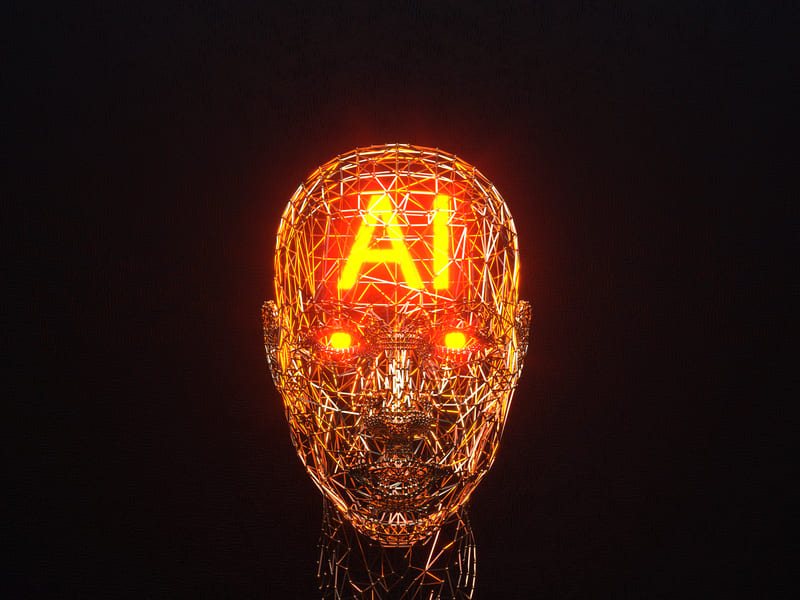
IA act: France finally accepts the proposal, under conditions
News
The AI Act and its content
The European Union's proposed regulation on artificial intelligence was officially presented on April 21, 2021. It marks a significant step in the EU's efforts to establish a legal framework for AI, aimed at promoting innovation while protecting the fundamental rights and security of citizens.
The document is a proposed European Union regulation establishing harmonized rules on artificial intelligence (AI), and amending certain legislative acts of the Union. It addresses the need to harness the benefits of AI while managing associated risks, aiming to establish a trusted ecosystem for AI in the EU. The proposal recognizes the socio-economic benefits of AI, while emphasizing the need to address potential risks and negative consequences for individuals and society. It emphasizes a balanced, human-centered approach, aligned with EU values and fundamental rights, to encourage the adoption of safe and legal AI solutions. The proposal includes measures to ensure security, respect for fundamental rights, and transparency, with specific regulation for high-risk AI systems, transparency obligations for certain AI systems, and support measures to innovation.
The AI systems prohibited by the regulations proposed by the European Union are those which present unacceptable risks to the rights and freedoms of individuals. These prohibitions aim to protect individuals from uses of AI that could be harmful or ethically questionable. Here are examples of these prohibited systems:
1. Mass surveillance systems: The use of AI to monitor, analyze and track individuals on a large scale without their consent is prohibited. This includes technologies that enable ubiquitous surveillance in public or private spaces, used for widespread profiling or behavioral surveillance.
2. Social assessment: Systems that evaluate citizens based on their behavior or personal traits, with significant consequences such as access to services or opportunities, are also prohibited. This concerns AI applications that could lead to discrimination or social exclusion based on the algorithmic processing of personal data.
3. Systems exploiting the vulnerabilities of children or vulnerable people: AI should not be used in a way that exploits the psychological or social vulnerabilities of specific groups, in particular children, to influence their behaviors or decisions in harmful ways.
4. Behavioral manipulation technologies: AI systems designed to manipulate individuals, causing harm or causing them to act against their interests, are prohibited. This includes technologies that may mislead users or force them into uninformed choices through subtle persuasion or manipulation techniques.
These bans reflect a cautious, human-centered approach, ensuring that the development and use of AI respects fundamental values and human rights. They emphasize the importance of transparency, ethics, and accountability in technological advancement, ensuring that AI innovations benefit society while minimizing potential risks.
The European Union's proposed regulation on artificial intelligence provides for significant penalties for violations of established rules, including fines that can reach high amounts, depending on the seriousness of the offense. Sanctions are designed to be dissuasive and can include, for the most serious cases, fines of up to 4% of the offending company's annual global turnover, or €20 million, depending on the amount. higher. These measures reflect the EU's desire to ensure strict compliance with ethical and security standards in the development and use of AI.
France accepts under conditions
The AI Act has unleashed passions...and rightly so! Today [February 2, 2024] the 27 member states unanimously approved the political agreement reached in December—recognizing the balance found by the negotiators between innovation and security,” wrote the European Commissioner. Thierry Breton.
The last obstacle to the conclusion of an agreement, France now accepts the project, but under strict conditions. Among the conditions set by Paris, there is notably respect for a balance between transparency and preservation of industrial secrets.
After this validation by the 27 member states, the text will come back to the co-legislators for a final vote.
You can also read our article about ISO 42001:2023 Artificial intelligence - Management system
Image source: Freepik